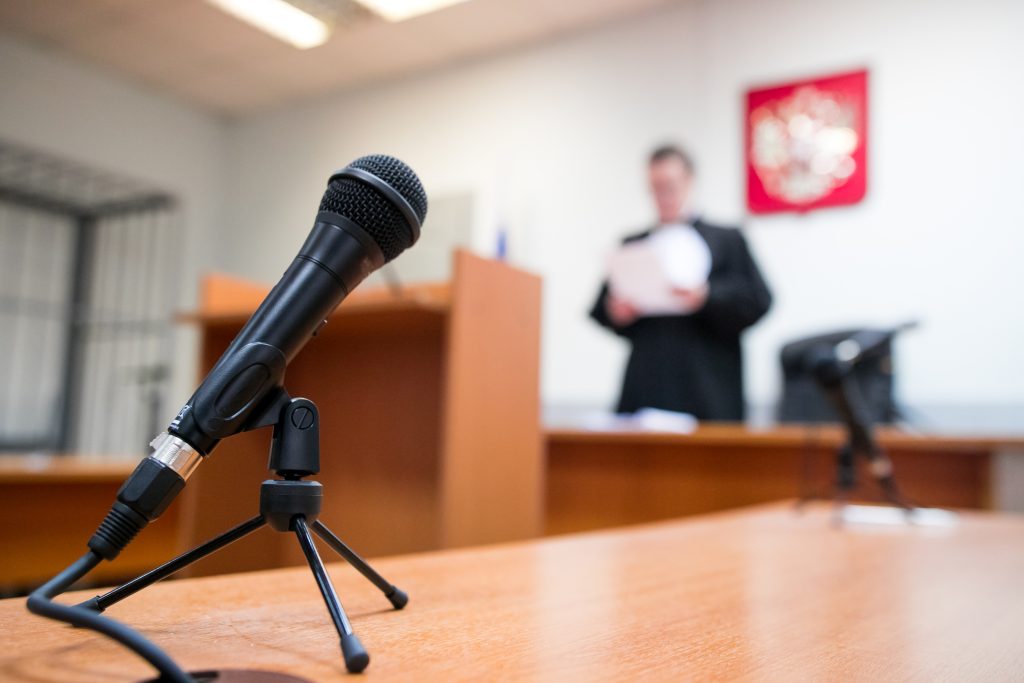Burglary Conviction Overturned Due to Stenographer Errors

A man serving a seven-year prison sentence for a burglary in Byron, NY was granted a new trial because of errors made when a court stenographer was unable to transcribe the final day of the man’s trial in 2016. We have posted about this before on CourtScribes regarding the difficulty some have had understanding African-American […]
Court Reporters Inaccurately Transcribing ‘African-American Vernacular English’

So picture this scenario: You are African American. A court reporter taking notes during your criminal case makes an error in the transcript that ends up becoming a point of contention in an appeal. An appeal that you lose. You probably would not have lost the case if your words had been reported accurately. Now you’re […]
